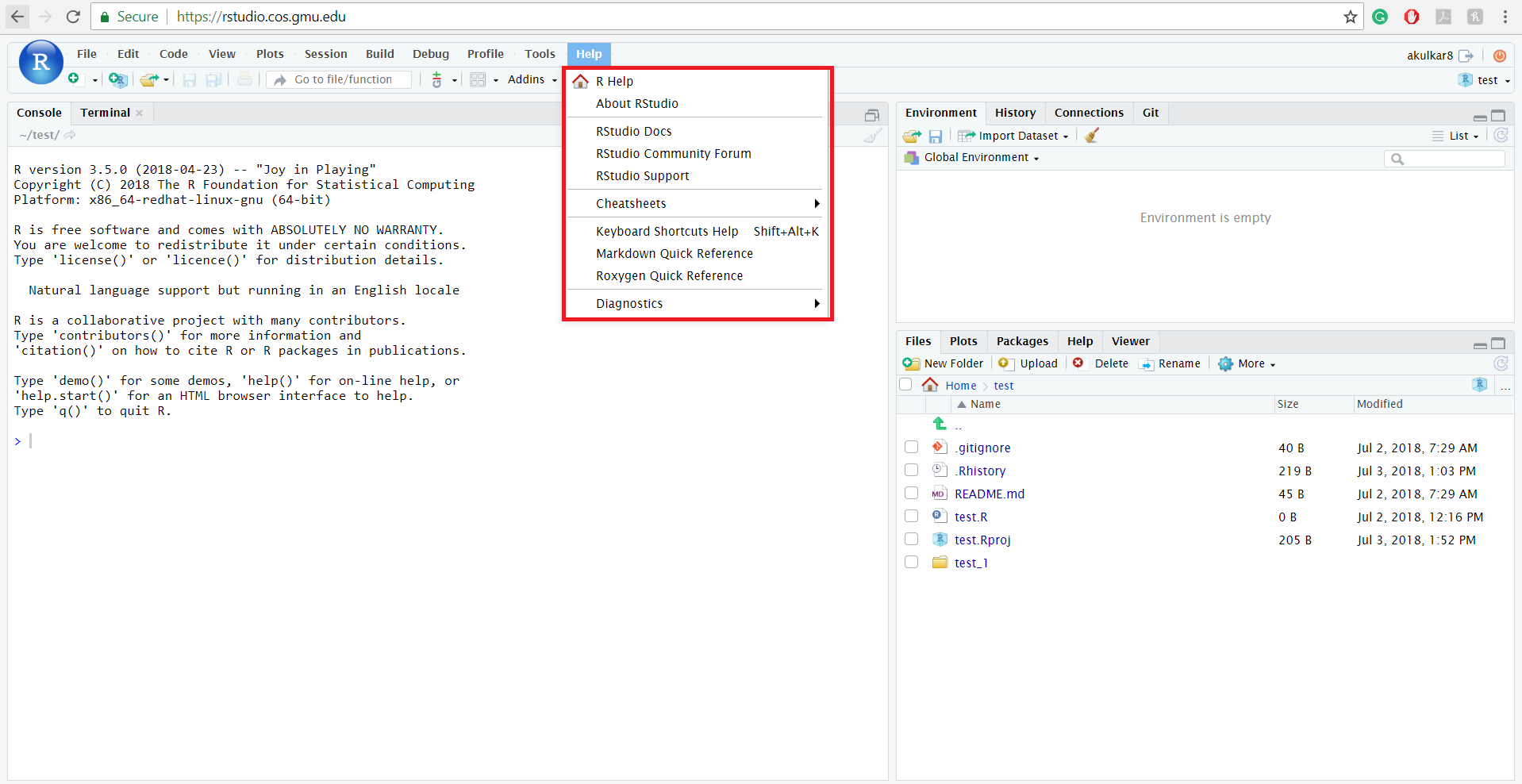
In this directory: R 4.1.0(May, 2021) R 4.0.5(March, 2021) What is the print method in r.version? Source code for these releases and others is available through the main CRAN page. The current release, and links to development snapshots, are available here. This directory contains previous binary releases of R for Windows. Which is the latest version of your for Windows? R.Version returns a list with character-string components the platform for which R was built. R.version is a variable (a list) holding this information (and version is a copy of it for S compatibility). R.Version () provides detailed information about the version of R running. How does the r.version function work in R? The 64-bit version is not limited and can access as much RAM as your computer has. It is good to have both versions of R because sometimes the 32-bit version is faster to run, but it is limited to 3Gb of RAM. To install an older version of a package from source, do the following: How do I install older versions of packages in R? Or install a new software simply by running: require(installr) installr() # user can easily select (via a GUI interface) a software to install. Which version of R should I use?įor most users we would recommend using the ‘native’ build, that is the 32-bit version on 32-bit Windows and the 64-bit version of 64-bit Windows.įor command line use you can update R by running: require(installr) updateR() # this will open dialog boxes to take you through the steps. How do I revert back to an older version of R? For Windows, you need the binary zip file instead. However, that is only going to help non-Windows users. For the forecast package, go to /src/contrib/Archive/forecast/. However, there were a handful that I needed to install manually.If you have to install old versions of packages, you can download them from the package archives. update.packages(ask = FALSE)Īlmost all of my packages updated seamlessly using the above. That will take a while, depending on the number of packages you have installed. Start the R interpreter and then update all installed packages. sudo apt-get remove -y 'r-cran-*' Update Packages It would make sense to get rid of these now and simply installed updated versions into your local library. You will probably have some packages that were previously installed with using APT.

Sudo apt-get upgrade Remove System Packages # To update any R libraries installed via APT. # 18.04ĭeb trusty-cran35/ Update and Install sudo apt-get update sudo apt-key adv -keyserver -recv-keys E298A3A825C0D65DFD57CBB651716619E084DAB9 APT SourcesĮdit /etc/apt/sources.list and add the line appropriate to your distribution of Ubuntu. You may have already done this, in which case you can skip this step. To ensure the integrity of files, add the appropriate public key to your system. The complete instructions for doing the update on Ubuntu are available here. Today I finally got around to updating my R to 3.5 (or, more specifically, 3.5.1).


 0 kommentar(er)
0 kommentar(er)
